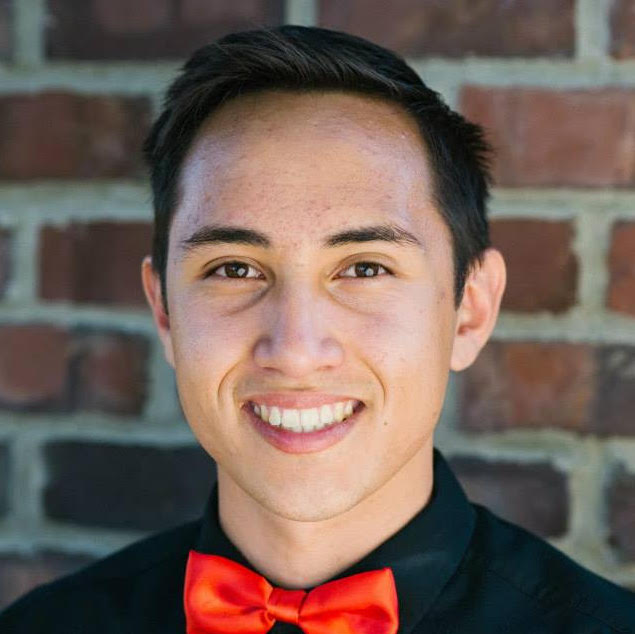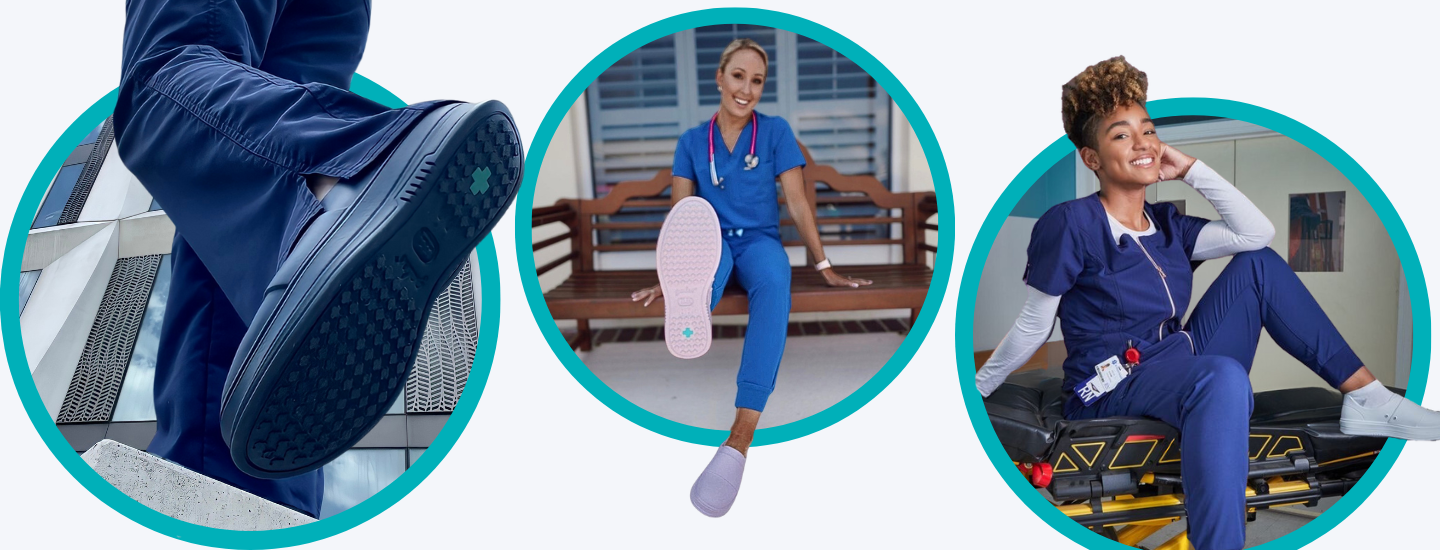
An Interview with Sean McCoy, RN
SEAN IS AN ONCOLOGY MED-SURG RN AT A HOSPITAL IN CALIFORNIA.
How many years of experience do you have?
Sean: Two years.
Do you work day or night shift?
S: Day.
What made you choose to go into nursing in the first place?
S: There's a very long answer for that but in short I always knew I wanted to work in healthcare. I finished a degree in Biochemistry and was going to get medical school but in the process of researching the direct care that nurses provide I decided that was something that I really wanted to pursue. I went into an accelerated nursing program so that I could get into it as soon as possible after.
What's your favorite part about your job?
S: My favorite part about my job is education and empowering my patients. When I get the opportunity to share something new and insightful that provides them a sense of comfort or a sense of independence, because when they get into the hospital and they get a new diagnosis they feel like I've lost a lot of that.
What is your least favorite?
S: My least favorite part of my job is all of the phone calls and coordination, it is very difficult and it can take away time with my patients.
What does a typical day at work look like for you?
S: Get a report from 7 to 7:30. Check my patients from 7:30 to 8. Do my initial assessments and medications from 8 to 10:00. From 10 onward it's whatever the patients need. If they're going to surgery I coordinate that, do the appropriate paperwork. Get charting done. Then from 5 to 7 I make sure that I've tied everything up as nice as possible, give my lead or charge nurse report so that whoever is going to be in charge of nights knows what's going on with my patients.
What are your biggest safety concerns in your current workplace?
S: It's vital we keep everything clean because not only is it for myself, but it's for my patients. I deal with people who are neutropenic, their immune systems are compromised, and how do I not pass something from one patient to another. I might not be sick but I could be a factor. Another safety concern is my body, and taking care of that. Nurses are very good at remembering how to take care of their patients but not so much themselves.
Do you work in an area with Covid risk?
S: Every time I go into the hospital there's always a risk. Especially now that we're allowing visitors. But in terms of if we have covid patients on my unit, no.
Do you work around infectious fluids?
S: In my unit the idea is “treat everything as infectious.” If someone is undergoing chemotherapy all of their fluids are treated as a biohazard. As far as people with infectious fluids, at least one patient every week who has something gnarly.
How do you currently protect yourself from those infectious fluids at work?
S: Gown. I wear goggles all the time. I do wear shoes with a Gore-Tex lining.
Have you ever had an incident at work that exposed you to those infectious fluids, maybe you got sick from a patient?
S: I don't think I've ever been sick but I definitely have been exposed because there are gaps [in the PPE]. The gown doesn’t go all the way down. My ankles are usually exposed, that always worries me. Between my gloves and my gown it's not always perfectly sealed.
Do you clean your shoes at all while you're at work?
S: Not anymore, I used to.
Do you clean them at all when you get home?
S: During covid yeah. I would wipe them down with Clorox wipes, but I just don't take the time as much anymore.
Do you worry about bringing infection exposure home from the hospital?
S: Yes. [During Covid] I would always take everything off in the garage and take a shower right when I got home before doing anything else.
TAGS:
SHARE:
